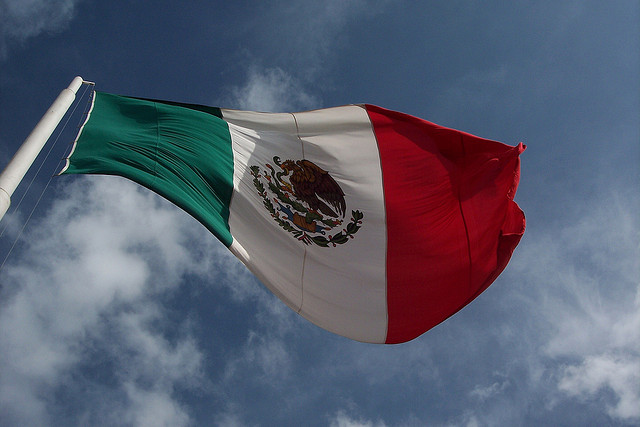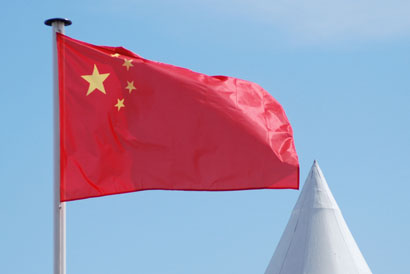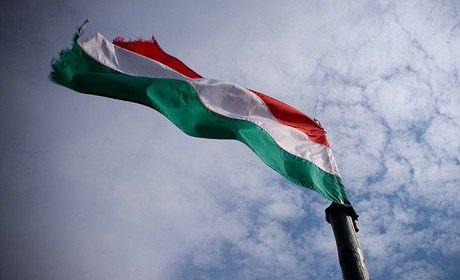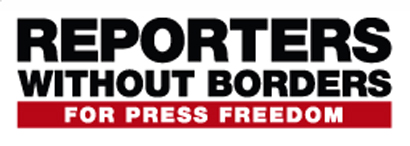WAN-IFRA has this week published a report called “a death threat to freedom”, which looks at “violence against Mexico’s press”.
The report was published on Tuesday (4 September), a day after the organisation’s World Editors Forum presented the Golden Pen of Freedom to Mexican journalist Anabel Hernandez.
The report calls on the government to “take urgent action to guarantee the safety of journalists and media professionals”.
Receiving her award yesterday, Hernandez urged the international community to not “just stand and watch”.
“I do not want to be another number on the list,” she said. “I do not want to be another dead journalist, I want to be one of those who fought to live and who survives.”
I dedicate and symbolically award this prize to all the Mexican journalists whose voices have been silenced by death, forced disappearance or censorship. Let us start with the basics and clarify what a 1 pound deposit casino UK is. £1 deposit casinos are gambling sites that allow players to make £1 minimum deposit casino uk and get a welcome bonus in free spins on a preselected slot. It can also just mean that it is a one-time offer. Meaning you can lower your initial payment to £1 as a part of the promotion. The only bonuses you can get for under £1 deposits are no deposit bonuses, and those are extremely rare as well.
I also dedicate it to all those Mexican journalists who daily continue to set an example in their duty to inform and denounce at whatever cost.






